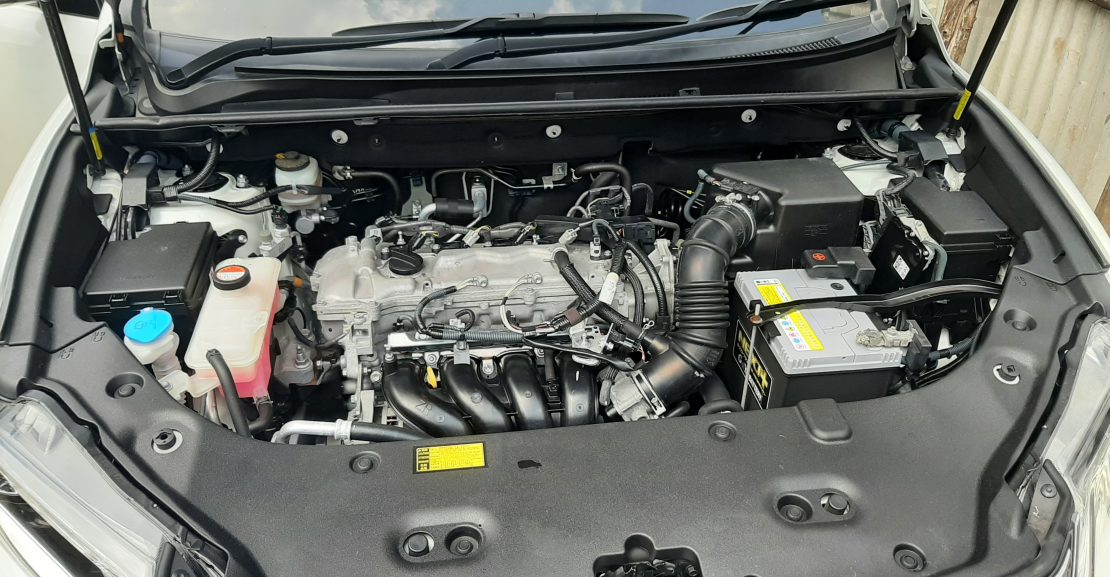
Servicing Your Car Engine The Easy Way
If you own a car, you could be interested in understanding some car engine maintenance tips. Unless you own an electric car, which I doubt there any on Kenyan roads, it can be helpful to know how your car engine works and how to take care of it. Your car will serve you for many years when you service your engine regularly. A faulty engine is not only a threat to safety but also fixing it when damage has already happened can be costly.
Even if you have an old model car, you can drive it for a few more years before it becomes completely unusable.
Tips To Adopt When Servicing your car
Before you visit the auto garage to fix a severe damage on your engine, consider the following useful practices to maintain your car engine.
-
Change your oil routinely
Perhaps you don’t always want to get hands dirty. Regardless, you ought to make a routine to change your engine oil. Your car will maximize on performance when its engine parts are well lubricated. With enough lubrication, there is no overheating. In case you don’t know, combustion in the engine causes the engine oil to carbonize. When this happens, carbon deposits or soot built up on the inside of the valves and filters, eventually wearing off the engine.
According to Howstuffworks, experts recommend changing your oil after driving every 3,000 miles or in intervals of three months. However, some sources add that you can change your oil after every 5,000 to 7,500 miles.
Also, as you change the oil, remember to replace the oil filter too. With time, the oil filter debris and dirt clogs the filter.
-
Inspect the cooling system often
Gasoline engines generate excess heat. Without an effective cooling system, the excess heat can cause the engine to fail. The cooling system ensures your car’s engine operates at optimal heat levels. At excess highs or low temperature wears off the engines’ components faster. Always ensure the cooling system is working effectively, and the coolant is within the recommended level. Checking the coolant level is straightforward procedure.
-
Inspect your engine for leaks
Your engine can often leak two types of fluids, antifreeze and engine oil. You can tell your engine is leaking by inspecting the engine hoses. Once the hoses wear off, they can start to leak. Also, inspect for leaks at end of connectors. Rubber and silicon seal that connect two parts can wear off, causing inevitable leaks. Suppose you spot oil paddles or trickles under your hood, then probably there is a leak in some part of your engine. If you spot any parts leaking, replace the part before further damage.
-
Don’t wait until your tank run dry to refill
When oil sediments build up over time, a filthy gunk can settles at bottom of the gas tank. Although fuel filters will sieve most of these sediments, it does not always happen when you drive consistently until your gas tank runs empty. When the oil filter fails to sieve all of the debris, some of it can clog the fuel system, straining the engine.
-
Maintain the engine belts
While it is a safety measure to ensure you always have safety seat belt, also ensure the belts running your engine. Ensure the engine belts are well-maintained and they are running smoothly. If they look worn out, replace them. Also, check to see the belts are not spinning or squalling. If you notice that, adjust the belts or replace them.
Next Read: Different Types of Brake Fluids Every Driver Should Know.


[…] Next Read: Are You Taking Care Of your Engine Like You are Supposed To? […]
[…] Perform regular engine maintenance. A well maintained engine means a high-performance car. Some of the things you can do to maintain your engine include doing regular oil checkups, replacing the air filters from occasionally, plus changing the fuel filters when necessary. […]
[…] Next Read: Are You Taking Care Of your Engine Like You are Supposed To? […]